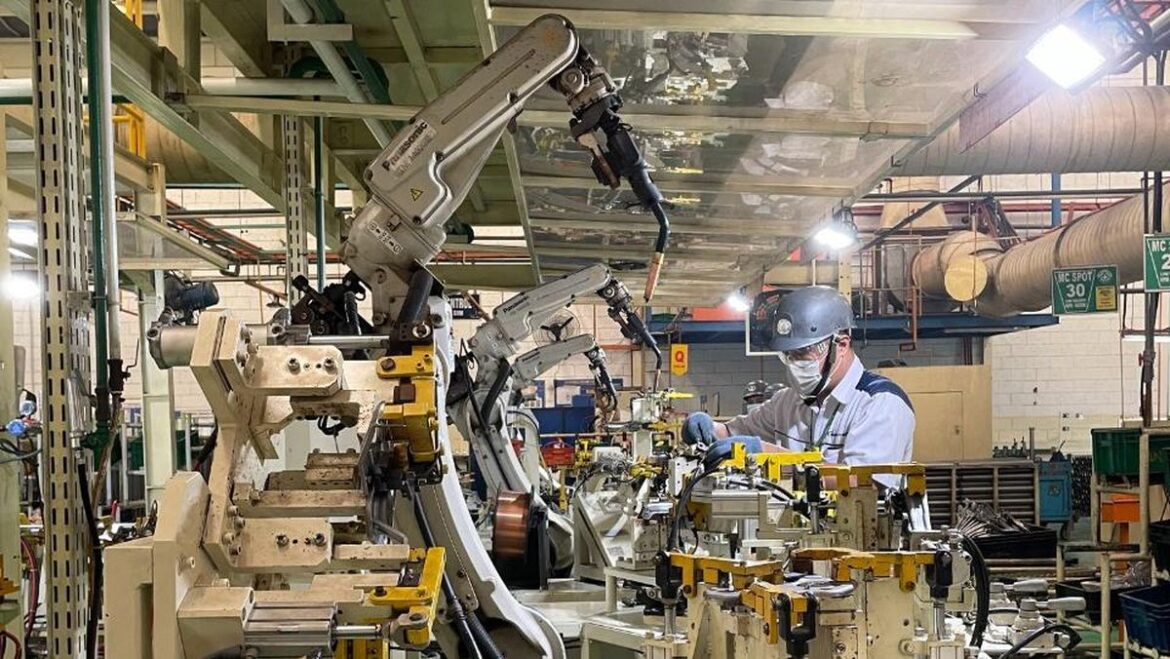
the development of highly advanced industrial technology– Highly advanced technological developments have radically changed the face of the industry in recent decades. World-shattering innovations such as artificial intelligence (AI), blockchain technology, cloud computing, and the Internet of Things (IoT) have become the foundation upon which the advanced industries we see today are built. This increasingly sophisticated technology provides new opportunities, new challenges and new prospects for various industrial sectors.
In the manufacturing sector, developments in advanced technology have led to more efficient and high-precision production rates. Automated machines driven by AI and robotics have replaced human jobs in repetitive and potentially dangerous tasks. This has increased productivity and product quality, while reducing production costs. Factories powered by this technology are able to produce goods quickly, accurately and consistently, generating significant profits and increasing competitiveness in global markets.
The transportation industry has also undergone drastic changes due to highly sophisticated technological advances. Electric, autonomous and connected mobility has become an inevitable reality. Environmentally friendly and increasingly energy efficient electric vehicles are a solution in addressing the challenges of climate change and dependence on fossil fuels. Meanwhile, autonomous vehicles with intelligent sensors and AI control systems can reduce accidents and increase traffic efficiency. With this technology, transportation becomes safer, cleaner, and more efficient.
The health industry
also not spared from the positive impact of advanced technology. Developments in telemedicine, smart medical devices, and data analytics have revolutionized the way patient diagnosis, treatment, and monitoring are performed. Wearable technology and connected health devices enable real-time health monitoring, enable early detection of disease, and facilitate chronic disease management. The application of AI and machine learning in medical data analysis has led to a deeper understanding of diseases and the development of more effective medicines.
In the energy sector, advanced technology has played an important role in increasing the efficiency of energy use and utilization of renewable energy sources. The use of smart sensors, smart energy grids and connected energy management systems enables better monitoring and regulation of energy consumption, optimizing electricity usage and reducing energy waste. Meanwhile, research and development continues in the field of renewable energy such as solar, wind and hydrogen power to replace increasingly scarce fossil fuels.
In the financial industry, advanced technologies such as blockchain technology and fintech have changed the way transactions, payments and financial planning are carried out. Secure and decentralized blockchain provides greater transparency and security in digital transactions, while fintech provides access to more inclusive and efficient financial services. This technology has also facilitated the development of digital currencies and innovative payment systems.
Overall, highly advanced technological developments have brought about significant changes in the industry, changing the way we work, live and interact. These technologies provide enormous opportunities for economic and social progress, while posing new challenges in terms of regulation, privacy and social impact. It is important for all of us to use this technology wisely and responsibly, so that we can create a smarter, sustainable and inclusive future.


